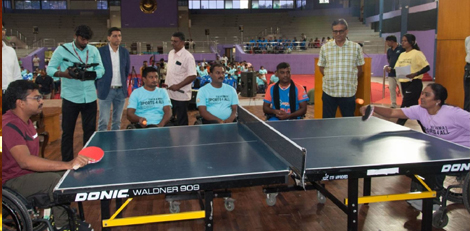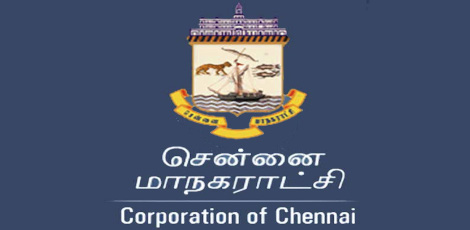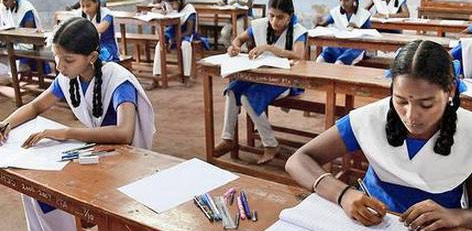Chennai Metro Rail Project – 2nd Stage – Test-run
Posted on: 09/Jun/2014 2:17:00 PM

The 2nd stage test-run was started on Sunday, 8th June in the section between Ashok Nagar & Alandur.
Test run was conducted on the 4 km distance between the 2 stations.
Test run commenced at 7.30 Am on Sunday. Metro Rail Project senior officials took part in the test.
As the test run was being conducted on a longer distance for the first time, the trains were run at a minimum speed of 10 km and a maximum speed of 25 km per hour.
The stability of the train, the facility to function as per the signals, electricity usage level, and other important parameters were checked.
The test run was conducted in different stages. The first stage was the run between Ashok Nagar & Alandur. The second stage was between Alandur & Koyambedu.
The officials informed that the test run will be performed for the next 2 months.
The first test run was flagged off by the Chief Minister Jayalalithaa on 6th November last year. This was conducted on the 800 metre track laid out in the workshop. Then the trains were shifted to the higher elevation and the test run was conducted between Koyambedu Workshop & Koyambedu Station.
The test run on the elevated corridor was conducted on 31st January. This was between Koyambedu workshop & Koyambedu Station for a distance of .5 km. This was continued for 4 months. All the trains available were tested on this track.
The test run was extended to Ashok Nagar. The test run in progress is between Ashok Nagar & Alandur.
The test run between Koyambedu & Alandur is scheduled for October.
Coaches arrive from Brazil
The last batch of the coaches manufactured in Brazil arrived in Chennai by ship.
The order for 42 coaches was placed on a company in Brazil at a cost of Rs. 471.30 Crores. 9 coaches were manufacture in Brazil. The rest are being manufactured in Sri City, Tada, Andhra Pradesh.
7 coaches had already arrived from Brazil by ship. They have also been test run. 3 coaches have been transported from Andhra Pradesh and they have also been test run.
The last 2 coaches from Brazil arrived on Friday by ship. They have been transported to Koyambedu workshop by trailers.
Currently, there are 12 coaches ready for service.







